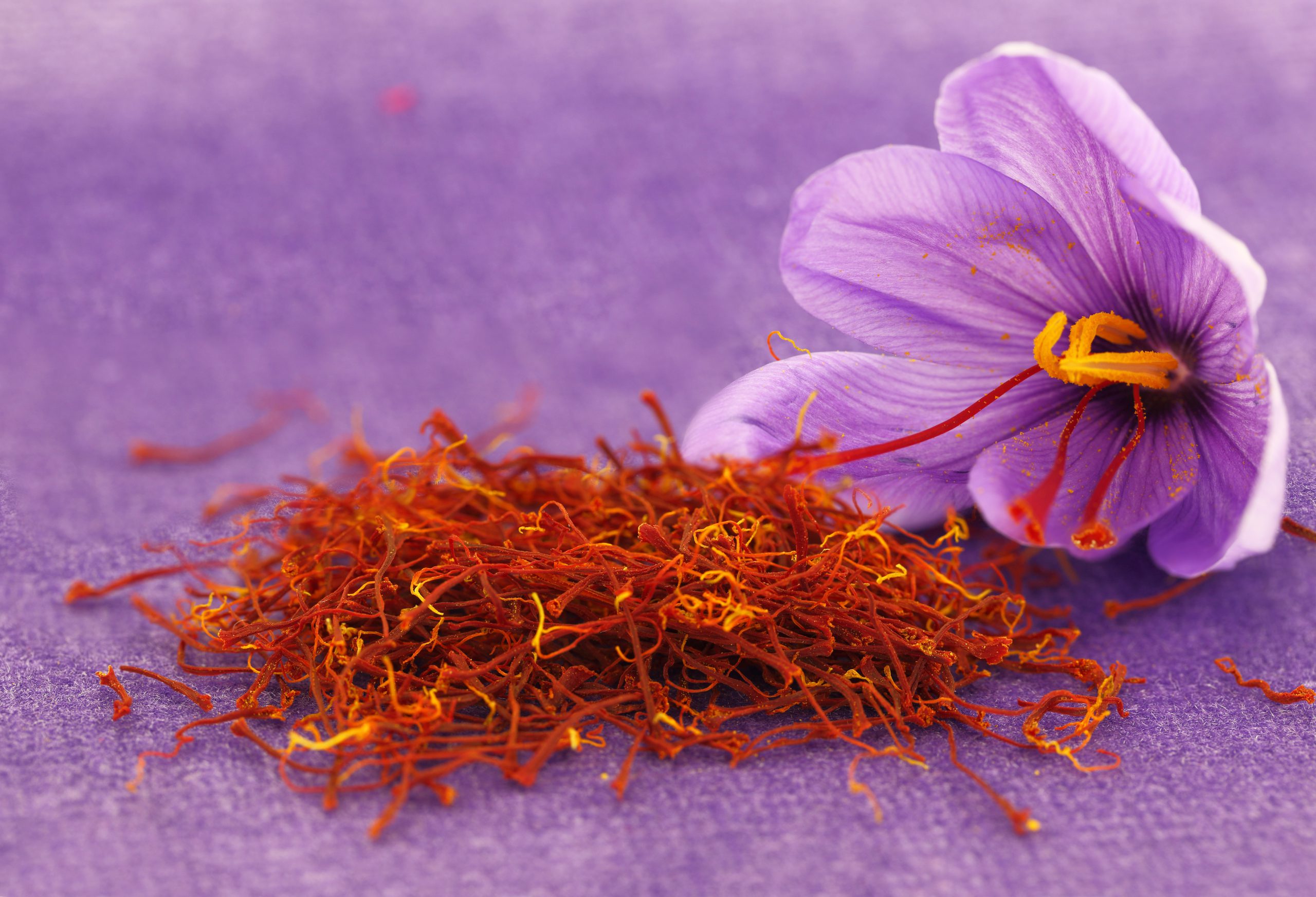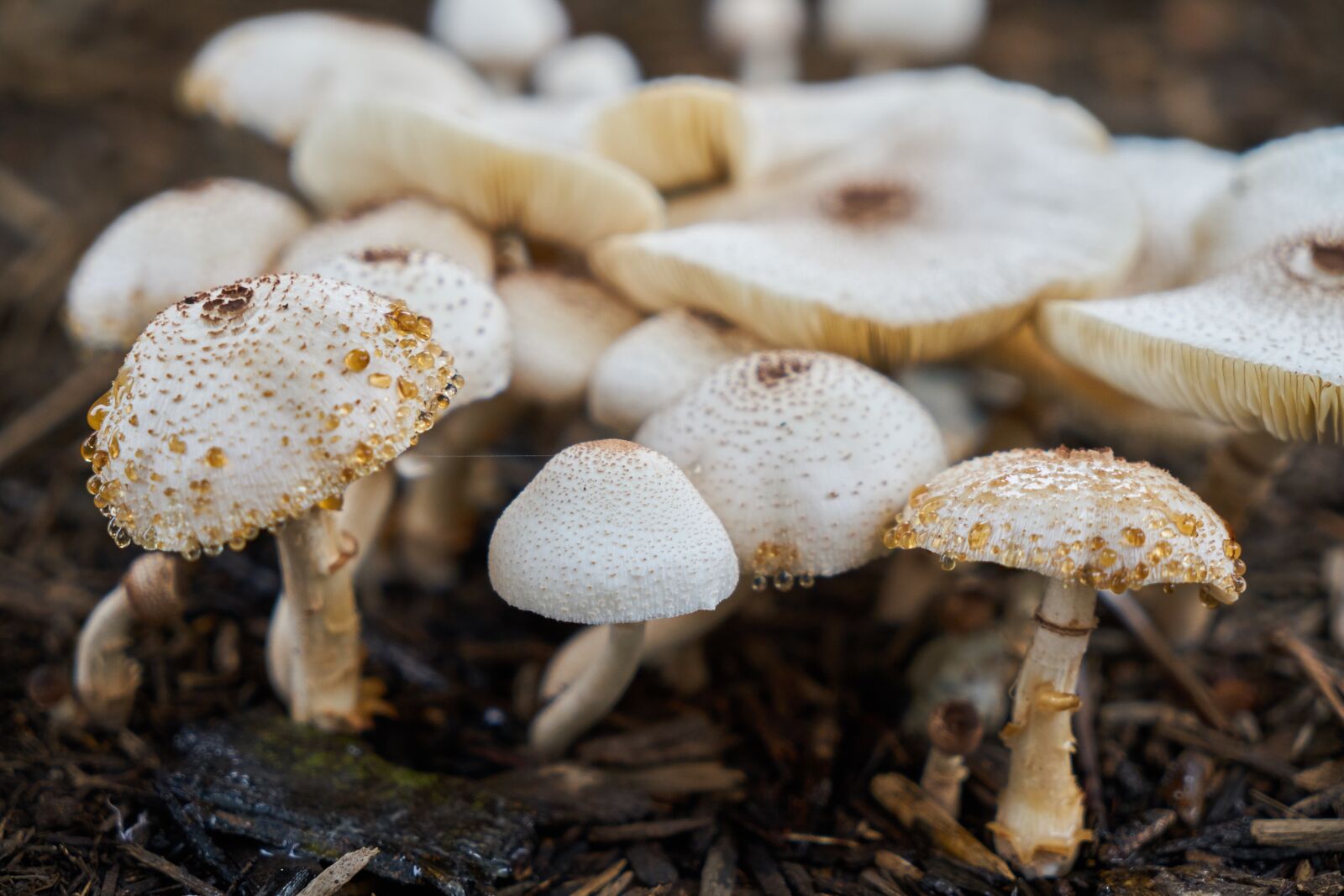Today spices in Chennai and herbs (such as black pepper, cinnamon, turmeric, cardamom) have been used by Indians for thousands of years for both culinary and health purposes.
Native Indian spices such as cardamom and turmeric were cultivated in the gardens of Babylon as early as the 8th century.
Susrata, an ancient surgeon (circa 4th century BC) used white mustard and other aromatic herbs in bed to release spirits.
He also used sesame oil from ordinary wounds to postoperative wounds that might need disinfectant.
Spices of Greece and Rome (331 to 641 BC):
The ancient Greeks exported oriental spices (pepper, cassia, cinnamon and ginger) to the Mediterranean region and neighboring countries.
For example, we can mention eggs and poppy plant for bread, fennel for sauces, coriander as a seasoning in food and mint as a flavoring in sauces. The ancient Greeks used parsley and marjoram to prevent drunkenness during their coronation celebrations.

Spices and herbs played an important role in ancient Greek medicine.
Hippocrates (377 to 460 BC) wrote about spices and herbs including saffron, cinnamon, thyme, coriander, mint and marjoram.
Among the 400 herbal medicines used by Hippocrates, at least half of them are used today.
Almost 500 years later, Theophrastus (372-287 BC), also called the “Father of Botany”, wrote 2 books that provided comprehensive information on more than 600 herbs and spices.
The role of Arabs and Muslims in spices and medicinal plants (from ancient times to 1096):
In the beginning, spices and pickles were used as a source of trade.
Traders procured cassia, cinnamon and other spices and kept the source of their products secret.
Their goal was to monopolize the spice trade, which the ancient Greek and Roman civilizations kept secret.




